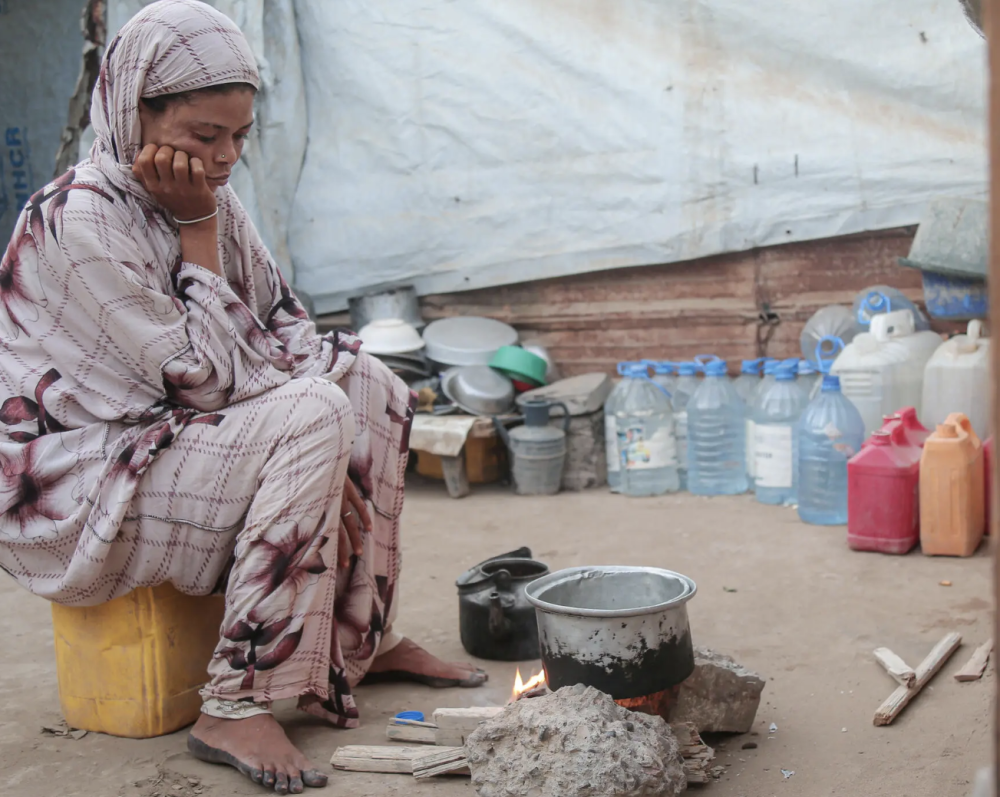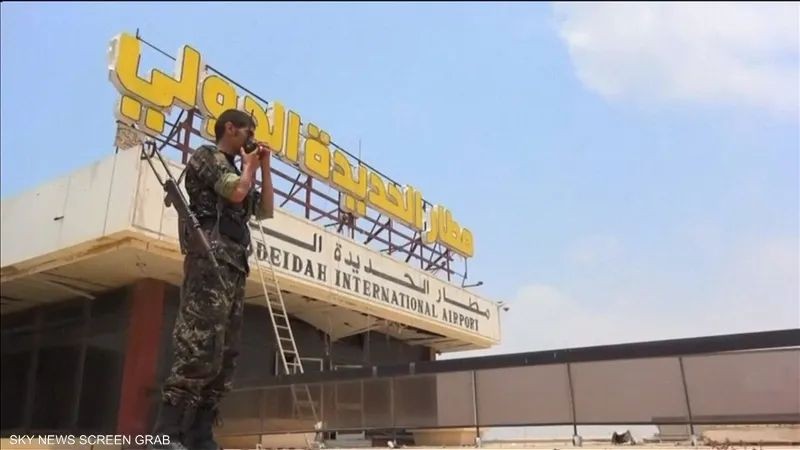UN Relief Chief warns Security Council mass hunger must not define Yemen’s future


Briefing to the Security Council on the humanitarian situation in Yemen by Tom Fletcher, Under-Secretary-General for Humanitarian Affairs and Emergency Relief Coordinator
New York, 15 September 2025
As delivered
Thank you, Mr. President.
The events of the last two weeks, as described by the Special Envoy, will understandably dominate discussions today on how the United Nations operates and how we engage with parties to a conflict in Yemen and beyond. I reiterate my full support to the Special Envoy’s strenuous efforts to find a political track in a complex regional picture.
I will address those implications, but I would first like to focus on the ever-growing humanitarian crisis plaguing the people of Yemen.
Mr. President,
Rising food prices, security threats to our work, a collapsing economy and persistent conflict have made Yemen the third-most food insecure country on earth.
Before February next year, 1 million more people are expected to be forced into extreme hunger – joining 17 million Yemenis with too little to eat. This includes more than 40,000 people in the catastrophic phase of food insecurity.
Seventy per cent of households in Yemen do not have enough food to meet their daily needs – this is the highest rate ever recorded.
Nearly half of the population in the country are now suffering severe food deprivation – a jump from 36 per cent only a year ago. One in three families is experiencing moderate to severe hunger.
In one out of five households, someone goes a full day and night without any food at all.
I have raised this alarm here before. But this reporting confirms our – and your – worst fears.
Mr. President,
The more positive part. Despite lack of funding and a tough operating environment, humanitarians, with immense courage, have been responding to those in greatest need.
In Hajjah, humanitarian organizations strengthened their responses to roll back rising acute food insecurity after children died from starvation in the IDP camps.
Partners scaled up vital life-saving cash support, in-kind food distributions and hygiene kits.
They restored clean water supplies and established health points to deliver essential health and nutrition support.
Out of 98,000 people in urgent need of aid, 76,000 received additional support by early September, with more on the way.
In Amran, support from the Yemen Humanitarian Fund allowed local partners to provide health and nutrition to 15,000 people in critical need, including at the Maswar Rural Hospital.
And in Marib, UNICEF and WHO – with support again from the Yemen Humanitarian Fund – are providing nutrition through four hospitals treating hundreds of severely malnourished children, pregnant women and new mothers.
Humanitarian partners have also helped more than 172,000 people affected by heavy rains and flooding, including with non-food items, shelter, hygiene kits and clean water. I pay tribute to their dedication in such difficult circumstances and thank all for the support received.
Mr. President,
While we are making some progress it is not enough.
An increasingly difficult operating environment is preventing us from reaching those in need or saving enough lives and funding cuts are also costing lives. For example, and in addition to the food insecurity crisis, 2 million women and girls have lost access to reproductive health services in a reality where a woman already dies every two hours during pregnancy.
I remain gravely concerned by the continued hostilities between the parties which have resulted to scores of casualties and damaged critical infrastructure.
Air strikes against Sana’a and Al Jawf since the last Council briefing are reported to have resulted in more than 300 casualties.
International humanitarian law must be respected; civilians and civilian objects must be protected.
Mr. President,
In this challenging environment, the detention of another 22 United Nations staff by the Houthi de facto authorities since 31 August is intolerable.
This is in addition to the 23 staff who were already detained, along with dozens of staff and former staff from international NGOs, civil society and diplomatic missions.
So I would reiterate the central demands that you made as a Council in your statement on 12 September: the immediate release of all those detained by the de facto authorities and your clear message that those delivering humanitarian aid must be protected.
That arbitrary detention of now 44 UN staff, the forcible entry of UN offices and the seizure of equipment – all of that undermines our ability to continue to deliver at scale in these locations.
As this Council also called for on Friday, it is vital that all parties enable a safe and secure operating environment.

Hodeidah — Two members of the Iranian-backed Houthi militia were killed and five others wounded in a landmine explosion near Hodeidah airport…

Aden —A humanitarian convoy from Jordan, consisting of 13 trucks loaded with relief supplies, has arrived in Yemen to support communities aff…

Taiz — Administrative operations at the Taiz Governorate building have resumed following several days of closure caused by an open sit-in sta…